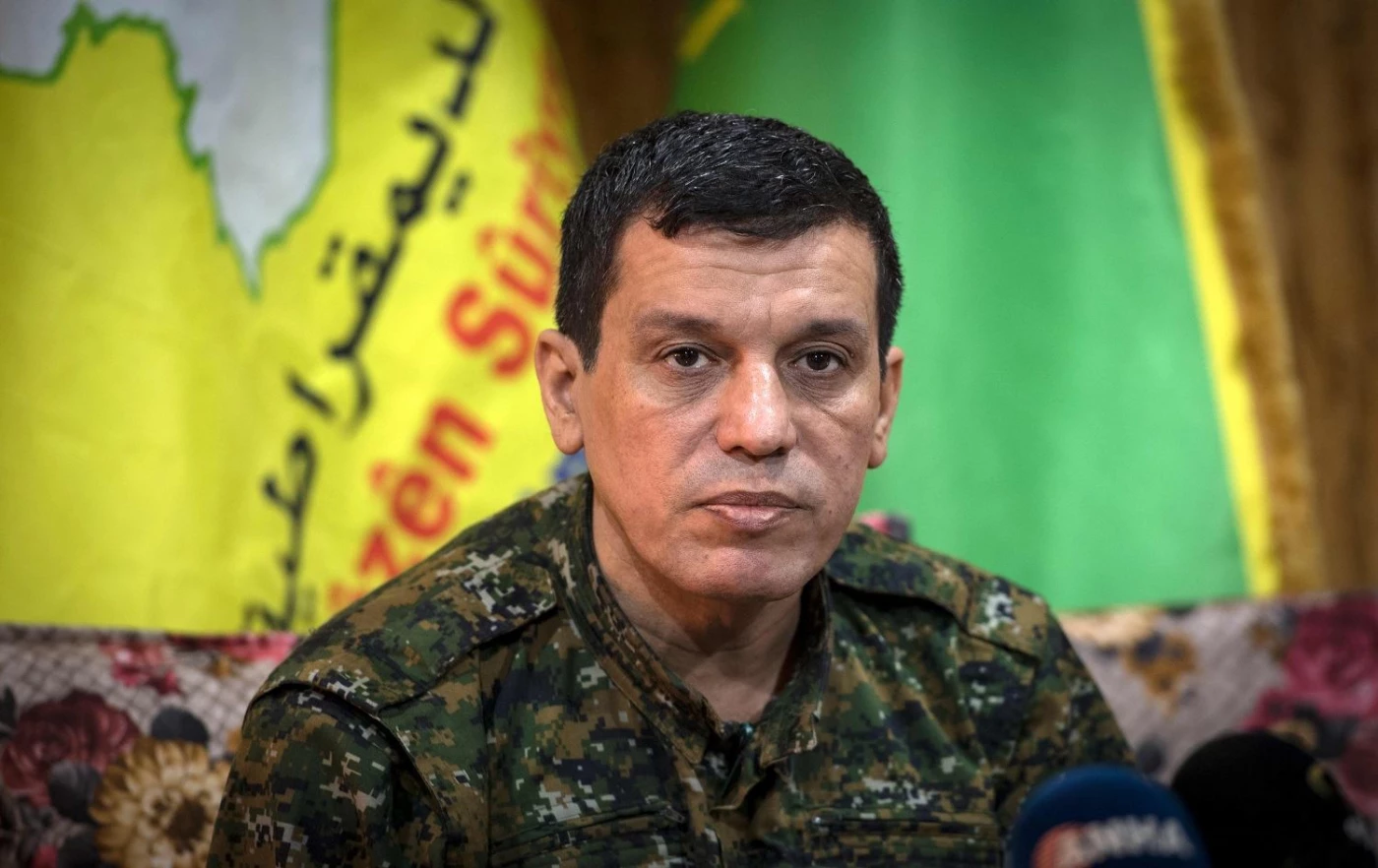ERBIL, Kurdistan Region of Iraq - The Syrian Democratic Forces (SDF) on Saturday dismissed reports that top Turkish officials, including Foreign Minister Hakan Fidan, had extended an offer to meet with Mazloum Abdi, commander-in-chief of the US-backed, Kurdish-led force.
"A recent report by Al-Monitor cited ‘regional sources’ claiming that either the Turkish Foreign Minister or the head of Turkish intelligence had extended an offer to meet with our Commander-in-Chief. We categorically confirm that this information is incorrect,” the SDF said in a statement.
The SDF detailed that “Neither command of our forces nor any delegation representing the regions of North and East Syria in meetings with Damascus has received any such offer, whether from the Turkish side or any other party."
Turkey considers the People’s Protection Units (YPG), the backbone of the SDF, to be inextricably linked to the Kurdistan Workers’ Party (PKK) and thereby sees the SDF as an extension of their now-disbanded domestic foe.
Clashes erupted between the Kurdish forces and Turkey and its affiliated rebel groups in SDF-controlled regions during a sweeping offensive and after the fall of Assad’s regime in December, resulting in extensive casualties and leading to the displacement of thousands of civilians.
Ankara has long considered the Kurdish-led force to be a security threat to Turkey.
There is currently, however, relative calm across the Turkey-Syria border ever since Kurds and Damascus reached an agreement in March to officially integrate the Kurdish-led forces and all other institutions in northeast Syria into the Syrian state institutions, and more importantly, since the historical declaration by the PKK to lay down arms, two major moves that could be seen as alleviating Turkey’s concerns.
Kurds in northeast Syria have been enjoying a de facto self-governing autonomy since the early 2010s. Established in 2018, the Autonomous Administration of North and East Syria (AANES) has been in charge of the territory’s internal affairs, with the SDF acting as its de facto army. The Kurdish authorities currently control around 25 percent of Syrian territory.
The SDF has been the main partner of the US-led global coalition against the Islamic State (ISIS) in Syria. The coalition provides the SDF with aerial support, munitions, aid, and training and has remained a close ally to the Kurdish-led forces since the fall of the Bashar al-Asaad regime.
Despite this, disagreements still run deep between the Kurdish authorities and Sharaa’s government about the model of governance in Syria, with Sharaa aiming to consolidate power and maintain full sovereignty over all Syrian territories, while the Kurds advocate for a federal state in which they maintain a degree of self-governance.


 Facebook
Facebook
 LinkedIn
LinkedIn
 Telegram
Telegram
 X
X



